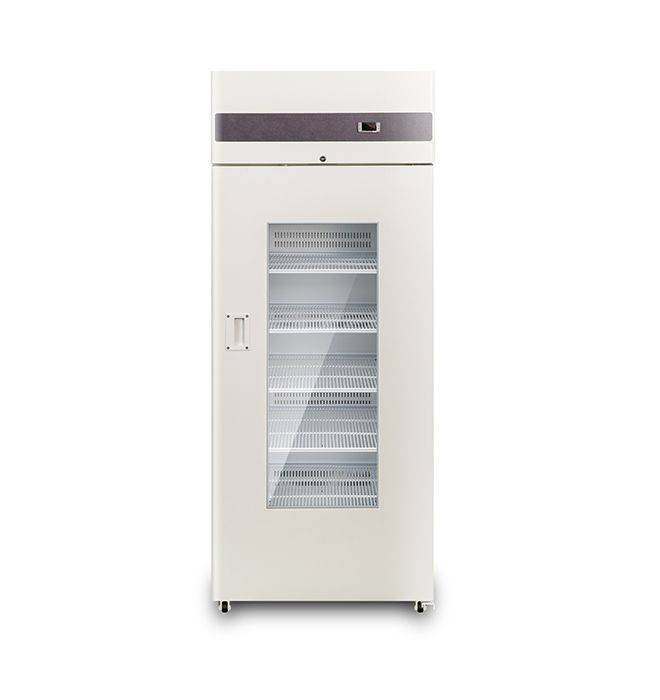Qingdao Carebios Biological Technology Co.,Ltd
Address: No.433-5 Sancheng Road, Lancun Town, Jimo District, Qingdao, 266232, China
Southeast Asia & Australia: Daisy
America: John
Tel: +86 400-118-3626
E-mail: info@carebios.com
Oct - 2021

Blood, plasma, and other blood components are utilized every day in clinical and research environments for a multitude of uses, from life-saving transfusions to important haematology tests. All samples used for these medical activities have in common that they require to be stored and transported at certain temperatures.
Blood is made up of many different components which interact constantly with each other and the rest of our body: red blood cells bring the necessary oxygen to the cells of our body, white blood cells kill any pathogen they can find, platelets can prevent bleeding in case of injury, nutrients from our digestive system are transported by the blood flow, and many different kind of proteins with different functions act on a molecular level to help our cells survive, defend themselves and thrive.
All these components interact with each other either directly and indirectly and use chemical reactions often reliant on certain temperature to be able to function normally. In our body, where their ambient temperature is normally around 37°C, all these reactions happen normally, but if the temperature was to rise, the molecules would start to break and lose their functions, while if it was to become colder, they would slow down and stop interacting with each other.
Being able to slow down chemical reactions is of extreme importance in medicine once samples are obtained: blood bags and in particular red blood cell preparations kept at a temperature between 2°C and 6°C can be easily stored without the risk of it spoiling, thus allowing healthcare professionals to use the samples in a variety of ways. Similarly, once the blood plasma has been separated via centrifugation from the red blood cells present in a blood sample, it requires cold storage to maintain the integrity of its chemical components. This time though, the required temperature for long-term storage is of -27°C, therefore much lower than what normal blood requires. In summary, it is imperative that blood and its components are maintained at correct low temperatures to avoid any wastage of samples.
To achieve this, Carebios has created a wide range of medical refrigeration solutions. Blood Bank Refrigerators, Plasma Freezers and Ultra-Low Freezers, specialized equipment to safely store blood products at 2°C to 6°C, -40°C to -20°C and -86°C to -20°C respectively. Designed with inclined freezing plates, these products ensure that the plasma is frozen to a core temperature of -30°C and below in the shortest time, thus preventing any substantial loss of Factor VIII, an essential protein involved in blood clotting, in the frozen plasma. Finally, the company’s Transport Vaccine Boxes can provide a safe transport solution for any blood product at any temperature.
Blood and its components need to be stored at the right temperature as soon as they are extracted from the donor’s body to preserve all the important cells, proteins and molecules that can be used either for testing, research, or clinical procedures. Carebios has created an end-to-end cold chain to ensure that blood products are always kept safe at the right temperature.
Tagged With: blood bank equipment, blood bank refrigerators, plasma freezers, ultra low freezers.